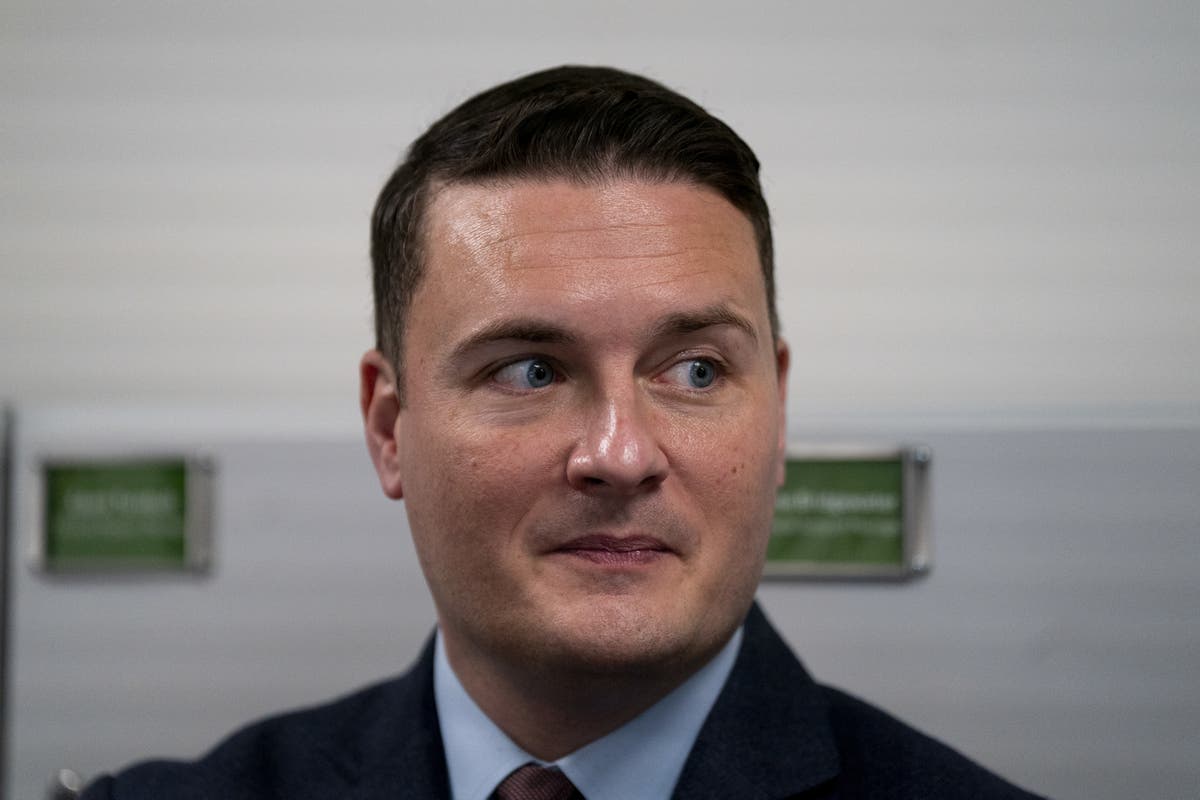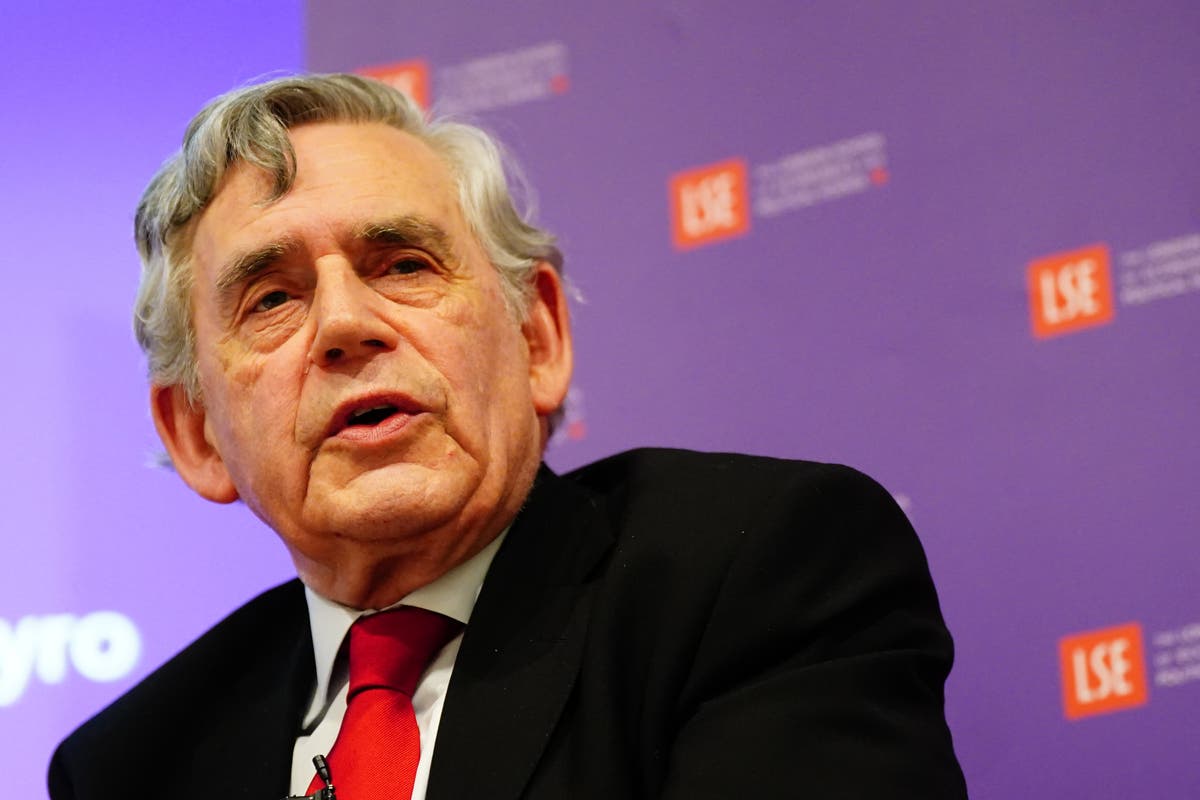Labour's recent austerity measures, including the controversial cuts to winter fuel payments, are facing criticism and sparking a decline in public approval. The government's rationale centers on addressing a significant financial shortfall inherited from the previous administration.
Health Secretary Wes Streeting defended these unpopular choices, arguing that short-term sacrifices are necessary to tackle the considerable financial challenges facing the UK. He emphasized that the government's goal is long-term improvement, pointing to potential future benefits like reduced hospital waiting times and increased resources for schools.
Despite this defense, the cuts to winter fuel payments, affecting millions of elderly people, have drawn widespread condemnation. These cuts are projected to push an additional 100,000 pensioners into poverty by 2027, according to government modelling.
The measures, introduced by Chancellor Rachel Reeves in July, aim to save the government approximately £1.5 billion annually. However, critics argue that the cuts disproportionately impact vulnerable individuals. Furthermore, the impact on the public's perception of the Labour government is significant, with recent polling indicating a three-way race between Labour, the Conservatives, and Reform UK ahead of local elections.
Reform UK has strongly denounced the decision, stating that the cuts will leave pensioners struggling to cope with rising energy costs this winter. The party is calling for a reversal of the policy, asserting it is deeply unpopular.







